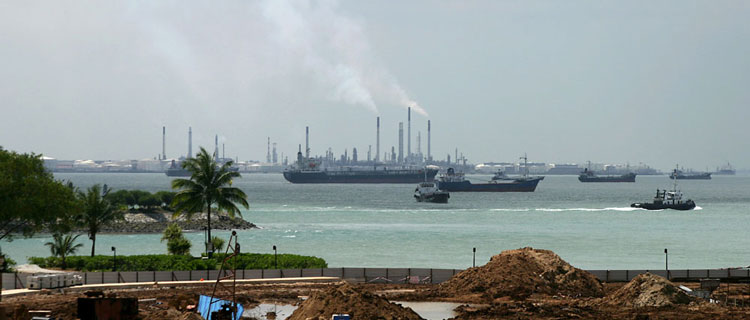RESEARCH THEMES
RESEARCH Streams
SHORTCUTS
Want to know more about our research? Click here!
INTERDISCIPLINARY COURSES
Stockholm Resilience Centre offers interdisciplinary courses on first (Undergraduate), second (Master's) and third (PhD) levels of University education. Want to know more about our courses? Click here!
POLICY and Practice
Our engagement in science-policy-practice activities has increased steadily over the years and range from high-level UN dialogues to local resilience assessments. Want to know more about our policy work? Click here!

Science-industry collaboration for solutions to sustainable seas
Seminar with Paul Holthus, Executive Director World Ocean Council, 11 October 2013
Collaboration among leadership companies - and with scientific institutions interested in applied research and innovation - can result in synergies, economies of scale, and public-private partnerships to develop practical solutions to these challenges.
The World Ocean Council (WOC) - the international business alliance on "Corporate Ocean Responsibility" - brings together leadership companies from across the diverse ocean business community to develop industry collaboration in ocean sustainability, science and stewardship. WOC Members include companies from marine science and technology, shipping, fishing, offshore renewable energy, oil/gas, seabed mining, mining, and other sectors - as well as research and scientific "affiliated organization" members.
WOC is catalyzing the development of a multi-industry working groups to address the multiple use of marine space and resources, e.g. marine sound, invasive species, marine debris, the Arctic, marine spatial planning, etc. The WOC "Smart Ocean/Smart Industries" programme is working to scale up the number of companies sharing ocean, weather and climate data from their vessels and platforms.
About Paul Holthus
Paul Holthus is the founding President/CEO of the World Ocean Council (WOC), the international business leadership alliance on corporate ocean responsibility.
Mr Holthus has held senior positions with the United Nations Environment Programme (UNEP) and international environmental organisations, including serving as Deputy Director of the IUCN Global Marine Programme. Among other things, he created the "Coral Triangle" concept, a highly successful large seascape approach to international marine conservation and sustainable development.
Since 1998, Mr Holthus has worked primarily with the private sector to develop practical solutions for the sustainable development of the marine environment. He has worked in over 30 countries with companies, communities, industry associations, UN agencies, international non-governmental organisations and foundations.
Mr Holthus is a graduate of the University of California and the University of Hawaii, with advanced degrees in marine resource management and international business.
Related info
Linnè Hall, The Royal Swedish Academy of Sciences (KVA)
Lilla Frescativägen 4A SE-114 18 Stockholm
Download seminar invitation Pdf, 604.3 kB. (Pdf, 604.3 kB)
Pdf, 604.3 kB. (Pdf, 604.3 kB)

Stockholm Resilience Centre
Stockholm University, Kräftriket 2B
SE-10691
Phone: +46 8 674 70 70
info@stockholmresilience.su.se
Organisation number: 202100-3062
VAT No: SE202100306201



